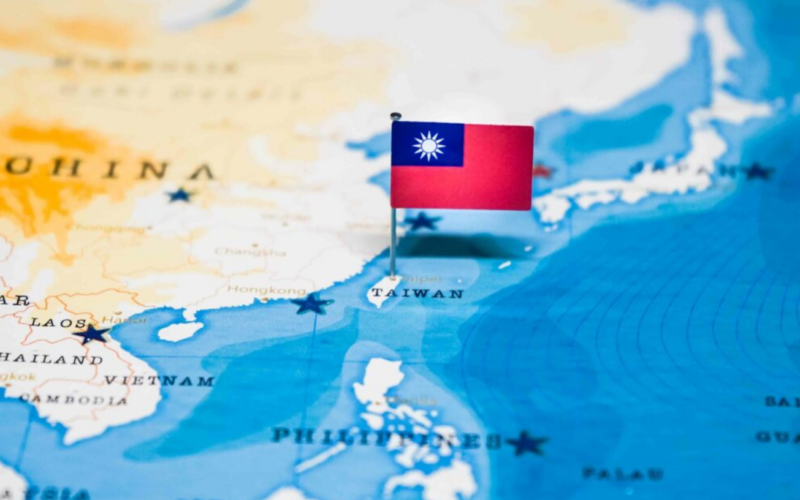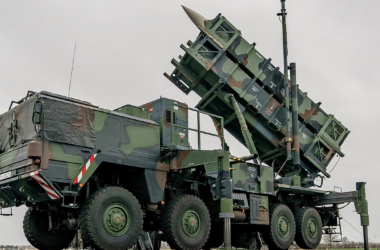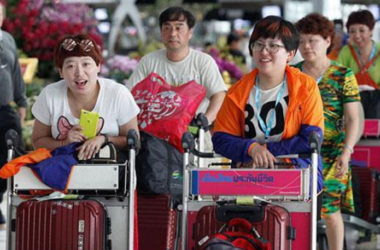In a development that has ignited a pre-election political storm, Taiwan finds itself grappling with the implications of a satellite launch by China. The strategic move has raised concerns within the Taiwanese political sphere, highlighting the intricate dynamics and sensitivities surrounding cross-strait relations. As the island nation prepares for elections, the satellite launch has injected a new layer of complexity into an already tense geopolitical landscape.
The launch of a satellite by China, seen by many as a display of technological prowess and strategic assertiveness, has evoked strong reactions in Taiwan, where political sensitivities are heightened due to the historically complex relationship with the mainland. The timing of the launch, just ahead of crucial elections, adds a dimension of political maneuvering that further fuels tensions and raises questions about the motivations behind China’s actions.
Political analysts assert that the satellite launch is not merely a technological achievement but a calculated move with potential ramifications for Taiwan’s political climate. The strategic timing suggests an intent to influence public opinion and political discourse on the island, prompting leaders and citizens alike to scrutinize the implications of the cross-strait dynamic.
The political storm that has ensued in Taiwan revolves around concerns about the motives behind the satellite launch and its potential impact on regional stability. Taiwan has long been at the center of geopolitical tensions between China and the broader international community. The recent satellite launch amplifies the existing unease, prompting discussions on how the island nation should navigate its relationship with China and assert its sovereignty.
In response to the satellite launch, political figures in Taiwan have expressed varying degrees of concern and condemnation. Some see it as a deliberate attempt to sway public sentiment and influence the upcoming elections. Others view it as a strategic move to test Taiwan’s response capabilities and resilience. The consensus, however, centers on the need for a unified and measured response to safeguard Taiwan’s interests and maintain stability in the region.
The satellite launch also underscores the evolving nature of technological advancements and their intersection with geopolitical strategies. As space capabilities become integral components of national security and influence, nations must grapple with the potential consequences of such advancements, particularly in regions characterized by historical and political complexities.
Taiwan, as a democratic and self-governed entity, faces the challenge of balancing its pursuit of international recognition with the delicate dance required to manage relations with an assertive China. The satellite launch has become a focal point in this intricate dance, prompting leaders to carefully calibrate their responses to ensure the preservation of Taiwan’s interests and sovereignty.
As Taiwan approaches elections, the political storm sparked by China’s satellite launch adds an additional layer of uncertainty to an already intricate political landscape. Leaders must navigate these challenges with a keen understanding of the historical context, geopolitical sensitivities, and the evolving dynamics of cross-strait relations. The response to the satellite launch will not only shape immediate political discourse but could have lasting implications for the broader geopolitical equilibrium in the region.
In conclusion, the satellite launch by China has caused a political storm in Taiwan, heightening tensions and prompting a nuanced evaluation of the island nation’s strategic and political landscape. As Taiwan prepares for elections, the implications of this event reverberate through the political spectrum, requiring careful consideration of how the island navigates its relationship with China and asserts its sovereignty on the international stage.








